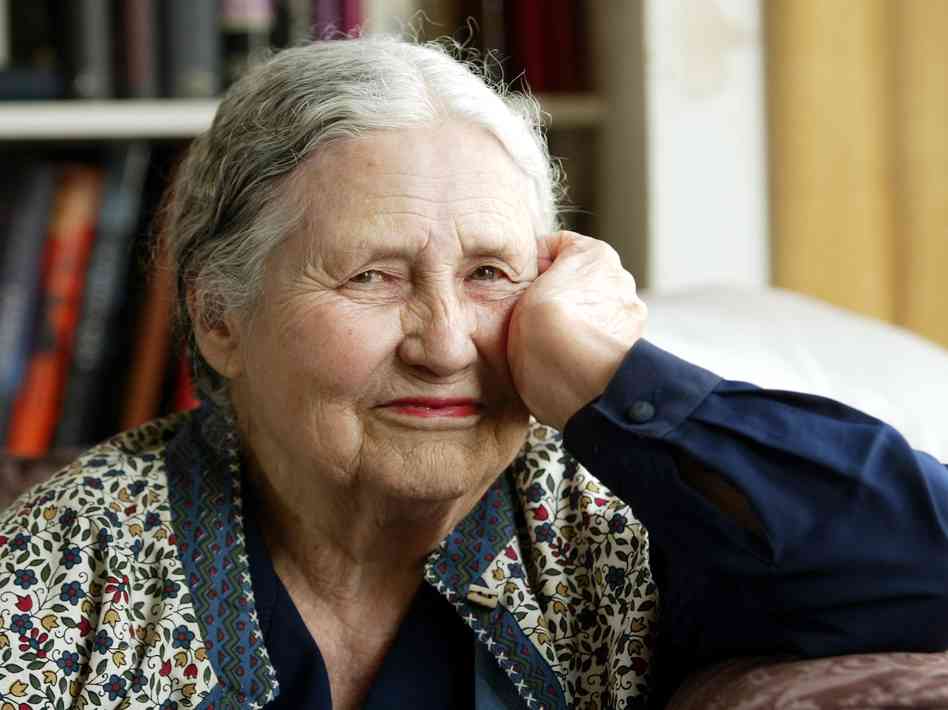We were saddened by the passing of Doris Lessing. Don’t miss Margaret Atwood’s moving homage to the Nobel prize-winning author.
It’s closing in on the end of the year, which means it’s word of the year time. The Oxford English Dictionary’s selection was selfie. However, Katherine Connor Martin at OUPBlog wasn’t satisfied with just one WOTY and selected 12, one for each month — with graphs!
In other language news, a judge ruled in favor of Google, agreeing “that its scanning of more than 20 million books for an electronic database, and making ‘snippets’ of text available for online searches, constituted fair use.” Publishers Weekly banned a few uniquely compelling and poignant words. The NPR Code Switch blog discussed the origins of the term hoodlum.
Hunger Games fans! Catching Fire is out today, and Slate has a textual analysis and comparison of Hunger Games, Twilight, and the Harry Potter series.
This week we learned how to speak Death Metal English, how we’ll swear in the future, and about 12 mistakes almost everyone makes when writing about grammar mistakes.
We also found out about a universally understood syllable (huh? you heard us). Meanwhile, James Harbeck explained why pain is expressed differently in different languages.
Robert Lane Greene explored the impossibility of being literal and assured us that technology changing language is okay and that “only dead languages never change.”
Ben Zimmer discussed grand bargains, Goldilocks as metaphor, and adjective-ass construction. Arika Okrent told us why defining the is so difficult, and gave us 11 teeny units of measurement, three reasons for syllabically ambiguous words, and 26 of Noah Webster’s spellings that didn’t catch on.
At Language Log, Victor Mair offered some Pekingnese put-downs and Mark Liberman took on Okie uptalk. At Macmillan Dictionary blog, Liz Potter related the story behind the phrase Bob’s your uncle, and Stan Carey wondered if banning slang was counterproductive.
On his own blog, Stan gave us some hair-raising etymology and took a look at because as a preposition (because grammar), which inspired Megan Garber at The Atlantic to take a further look (because awesome).
Fritinancy’s words of the week were petrel, “the English translation of the Chinese word Haiyan, which is the international name of the ‘supertyphoon‘ that has ravaged large areas of the Philippines in recent days,” and Friendsgiving, “a Thanksgiving meal shared with friends rather than family.”
Word Spy spotted pistachio principle, “the tendency to eat less food given certain visual cues, particularly evidence of the amount of food consumed, such as pistachio shells”; vanity height, “unusable space at the top of a tall building created by a spire or similar extension added only to give the building extra height”; and kid credentialing, “having a child participate in activities, programs, and experiences that will look good on the child’s future college application.”
Billy Baker at The Boston Globe compared the accents of Boston mayors, old and new. The Dialect Blog examined Americans imitating Canadians.
Mental Floss gave us haters and lovers, and old-timey sexting acronyms. The Modern Farmer explained why being the black sheep is a bad thing and other ag-idioms. Pacific Standard offered a peek inside the world of competitive laughing, where laughaletes compete in categories such as Diabolical Laugh, the snort laugh, and the Alabama Knee-Slapper.
We agree these 10 terms will help us appreciate fantasy literature, were surprised cheese lexicon could be headache-inducing, and wondered if these new terms for female body parts were necessary.
We love this map showing San Francisco’s literary history and this one that reveals who is saying the F-bomb where. We adore all of these pop culture librarians, but Giles will always be our favorite.
That’s it for this week! Until next time, happy Friendsgiving!
[Photo via NPR]
